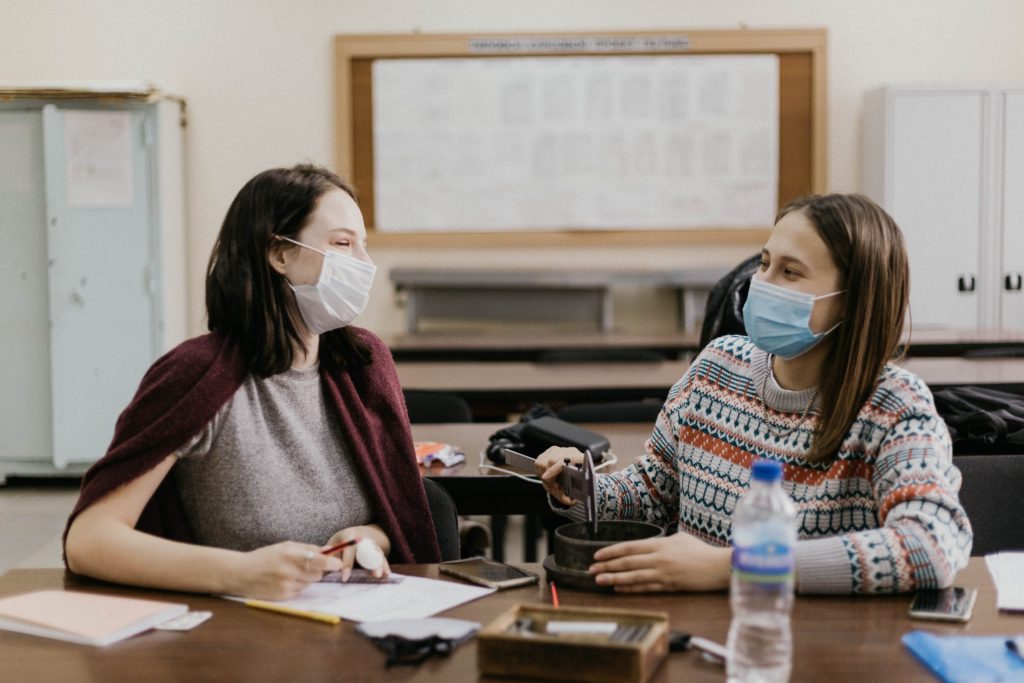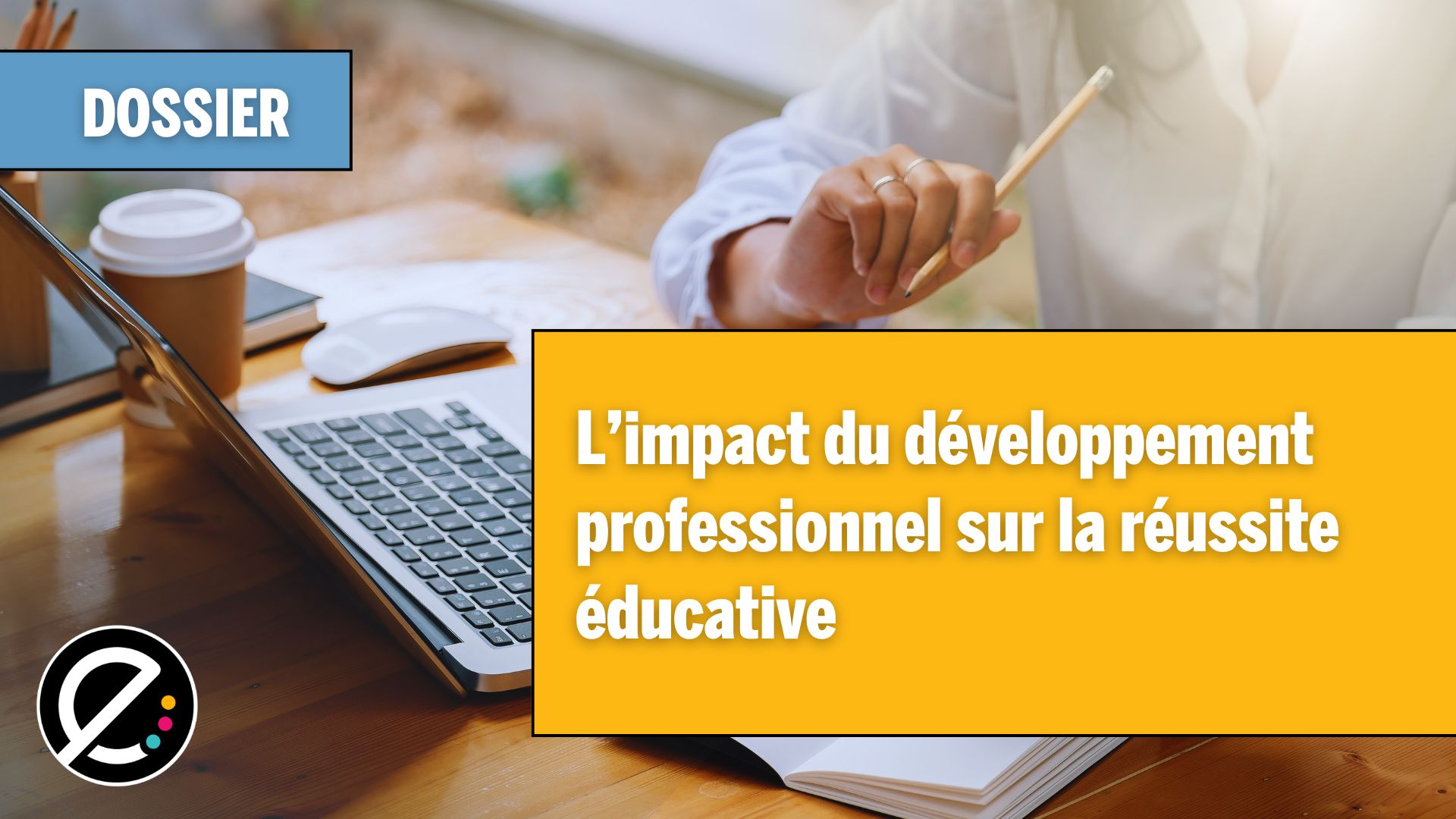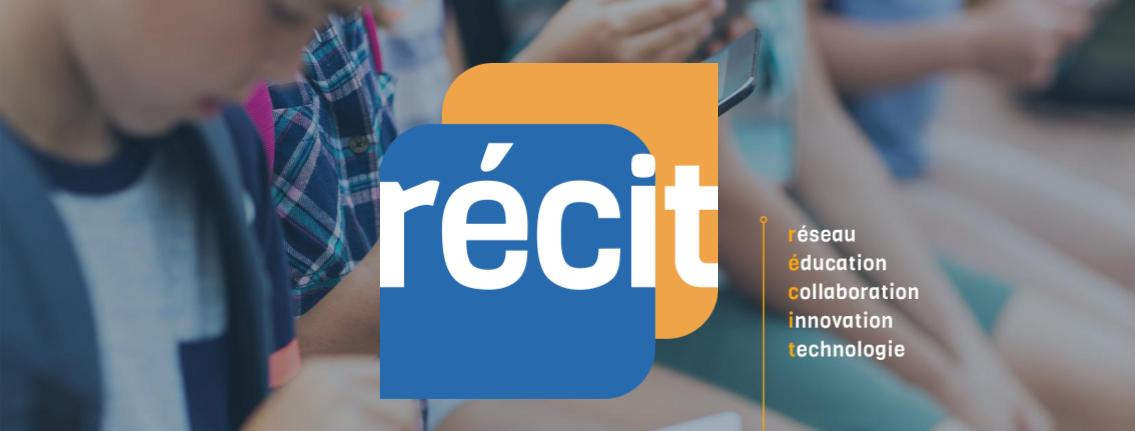Par Julien Bureau, Université Laval et Frédéric Guay, Université Laval
Que doit-on faire lorsqu’un élève est démotivé envers ses études ?
Notre méta-analyse sur les conséquences de la motivation scolaire dresse un portrait général des aspects positifs et négatifs que les étudiants peuvent vivre lorsqu’ils sont fortement ou faiblement motivés. Les résultats qui en découlent, obtenus en recensant près de 350 études provenant de différents pays, sont sans équivoque : un élève qui fréquente l’école par plaisir, par intérêt ou encore parce qu’il valorise ce qu’il y fait aura de meilleures notes, une plus grande persévérance, un meilleur bien-être et moins d’intentions d’abandonner. Or, les personnes engagées auprès des élèves savent très bien que de les motiver à apprendre représente parfois tout un défi.
Chercheur en éducation, je suis formé en psychologie sociale et je m’intéresse aux éléments du contexte scolaire qui favorisent l’épanouissement des élèves dans leur parcours éducatif.
La motivation des élèves, une responsabilité partagée
Les motivations scolaires les plus souhaitables sont celles que l’on appelle autodéterminées. Lorsqu’Alice s’amuse à faire un exercice en classe avec son ami, ou lorsque Xavier s’engage dans une activité sur l’environnement, qui lui tient à cœur, ils ne se sentent pas comme de simples pions, mais plutôt comme des apprenants actifs. Ils sont alors autodéterminés. Toutefois, être autodéterminé ne signifie pas qu’ils sont les seuls responsables de leur motivation.
Nous savons que les environnements scolaire et familial jouent un rôle important dans la motivation des jeunes. L’enseignant et le parent peuvent tous deux créer un contexte plus propice à l’épanouissement de l’élève. Afin d’y parvenir, il faut que ceux-ci soutiennent l’autodétermination des jeunes. En considérant les jeunes comme des personnes à part entière, qui ont des intérêts et des valeurs qui leur sont propres, il est possible de soutenir leurs motivations autodéterminées.
Concrètement, cela signifie que l’enseignant et le parent, lorsqu’ils interagissent avec un jeune, doivent le faire avec empathie, c’est-à-dire reconnaître que ses réflexions et ses émotions sont valides et importantes. L’élève aura ainsi un espace pour exprimer ses préférences afin qu’elles puissent être mises à profit pour le motiver à poursuivre ses études.
Ensuite, l’enseignant et le parent devraient expliquer les raisons qui sous-tendent leurs demandes, par exemple en justifiant l’importance des devoirs ou de la préparation aux examens. Cet aspect est important, car si les personnes qui exigent des jeunes qu’ils effectuent travaux et leçons ne sont pas à même de trouver de bonnes raisons pour les réaliser, comment peut-on s’attendre à ce que le jeune soit engagé dans ces activités ?
Finalement, l’enseignant et le parent doivent soutenir la participation active des jeunes. Lorsqu’ils sont actifs dans leurs apprentissages et, surtout, lorsqu’ils peuvent faire des choix qui influencent leur projet scolaire, les élèves sentent qu’ils sont en contrôle de leur destin scolaire.
Le parent ou l’enseignant, à qui revient le rôle le plus décisif ?
Notre autre méta-analyse, soit celle sur les prédicteurs de la motivation scolaire, recense près de 150 études sondant plus de 79 000 élèves et étudiants de partout dans le monde. Elle cible des études qui évaluent les comportements des enseignants et des parents et leurs effets potentiels sur la motivation des élèves. Elle démontre que l’enseignant prédit plus fortement, et de façon systématique, les motivations autodéterminées des élèves.
Concrètement, cela signifie que l’enseignant joue un rôle clé dans le développement de ces motivations, et qu’un parent, aussi bien intentionné soit-il, ne pourrait pas complètement compenser pour un enseignant qui, par ses pratiques, nuirait à la motivation de l’élève. Pourquoi donc ? Il y a deux réponses principales : la formation et le contexte.
L’enseignant a le pouvoir de mobiliser davantage la motivation des jeunes, car c’est lui, comme professionnel, qui arrive le mieux à déceler les difficultés de ces élèves, à les aider à reconnaître et identifier ces difficultés et à proposer des stratégies pour y remédier. Alors que les parents connaissent leurs enfants plus que quiconque, ils ne sont pas toujours au fait des stratégies de lecture ou de résolution de problèmes en mathématiques.
Pour développer les motivations autodéterminées, l’élève a besoin de se savoir capable de surmonter ses difficultés en mettant en pratique des stratégies d’apprentissages et en constatant leurs effets bénéfiques. Bien que l’accompagnement du parent soit important, le suivi professionnel de l’enseignant est crucial pour que l’élève adopte les bonnes stratégies d’apprentissage qui l’aideront à se sentir plus compétent.
De plus, l’enseignant est la figure la plus présente auprès de l’élève lorsqu’il réalise des activités scolaires. Non seulement le parent n’est pas présent dans la classe, où la majorité des apprentissages surviennent, mais une fois son enfant arrivé à la maison après l’école, une multitude de défis et d’activités du quotidien se présente à lui. L’aider dans les activités scolaires ne représente alors qu’une partie des responsabilités du parent envers son enfant.
L’enseignant, au contraire, dispose d’un contexte d’apprentissage privilégié, soit un lieu et un moment qui sont réservés à cela. Cette asymétrie se reflète donc dans la capacité de chacun à motiver l’élève.
Trois nutriments d’un environnement scolaire motivant
Nos résultats indiquent que les élèves peuvent, dans leur environnement scolaire, vivre trois types d’expérience qui les aideront à se sentir autodéterminés. Il s’agit de la satisfaction de leurs trois besoins psychologiques fondamentaux de compétence, d’autonomie et d’affiliation sociale.
Les élèves qui se sentent compétents ont l’impression que leurs actions ont un impact sur l’environnement. Ceux qui se sentent autonomes ont l’impression d’endosser pleinement les tâches auxquelles ils participent. Ceux qui ressentent une affiliation sociale auprès des proches (amis, enseignants, parents) ont l’impression de pouvoir compter sur les personnes qui sont importantes pour eux.
Lorsqu’ils font des activités scolaires, les élèves qui voient leurs besoins psychologiques fondamentaux satisfaits auront beaucoup plus de chance de développer et d’entretenir des motivations autodéterminées. Bien que nos résultats démontrent que les enseignants jouent un rôle prépondérant pour stimuler les motivations autodéterminées des élèves, certaines personnes peuvent y contribuer en augmentant l’expérience générale de compétence, d’autonomie et d’affiliation sociale de l’élève, que ce soit un ami, un parent, la direction ou les intervenants.
Par Julien Bureau, Professeur agrégé en sciences de l’éducation, Université Laval et Frédéric Guay, Université Laval
Cet article est republié à partir de The Conversation sous licence Creative Commons. Lire l’article original.
En complément : (re)lisez notre dossier La motivation scolaire : pourquoi persévère-t-on?, avec la participation de Frédéric Guay de l’Université Laval.






